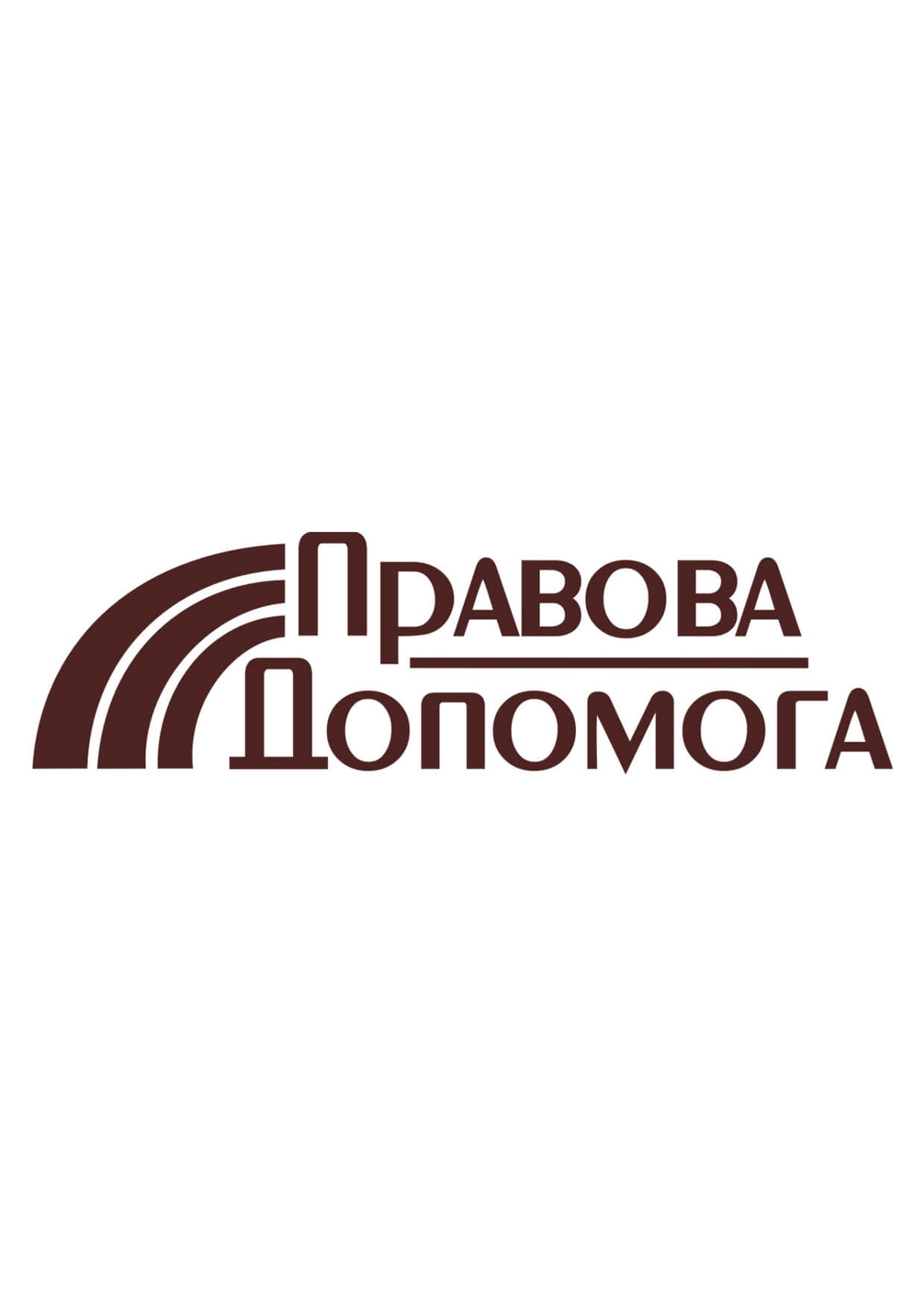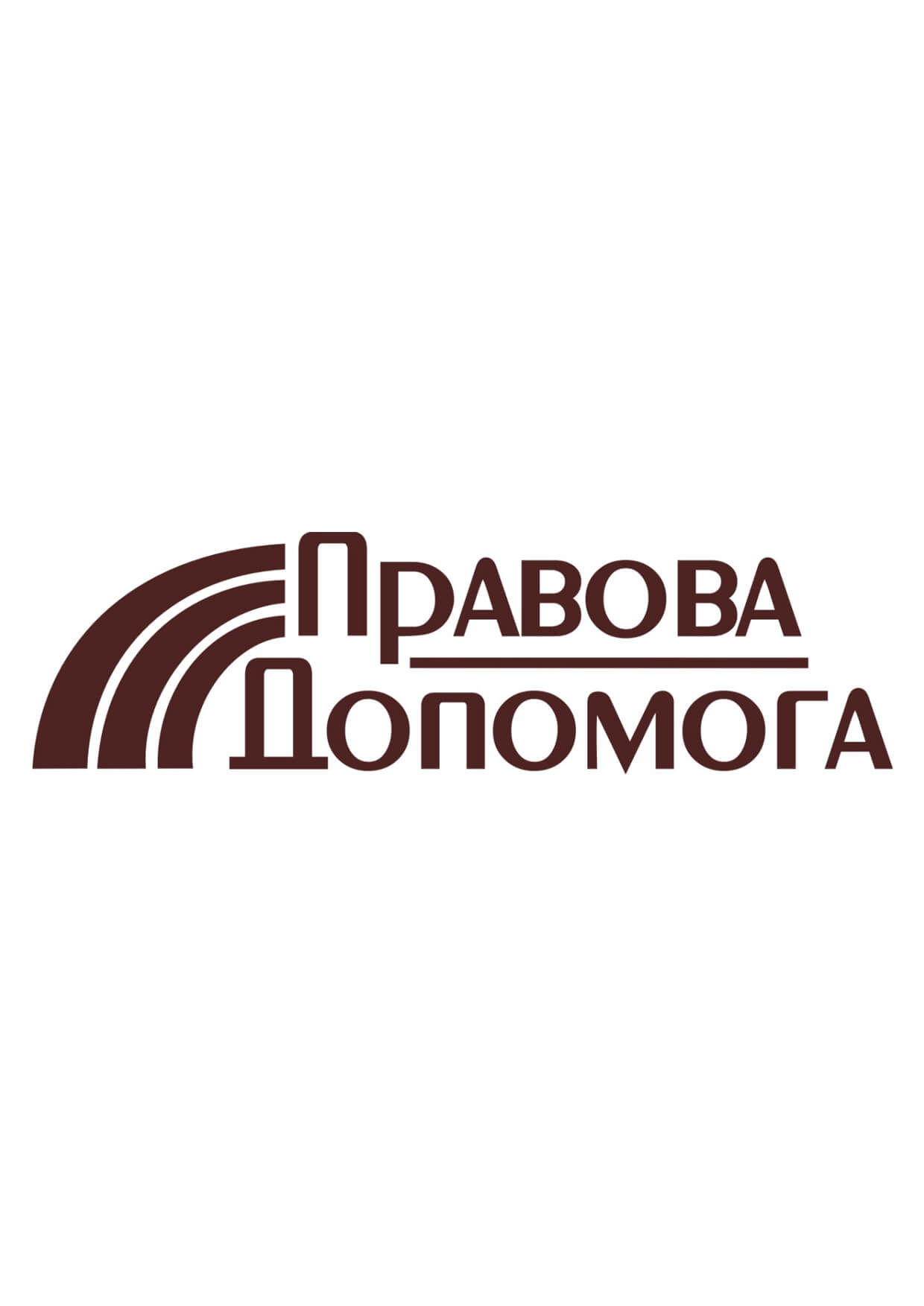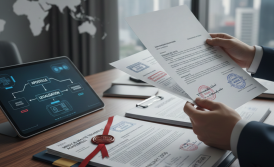Tax when transferring money to a card. Where does the money go?

There is an opinion that you need to pay tax on all the money received on the card. This is 19.5%, which you could get a notice for payment after you receive the money on the card that were counted as income. First, let’s find out what kind of tax it is and when it shall be paid.
First of all, it will be interesting for entrepreneurs who still accept money on personal cards, for example at PrivatBank. After all, the money credited to their account can be quite decent. And it’s a shame to lose more than 10% of these amounts.
Read also: Sole Proprietorship Accounting News In 20020
What kind of tax is charged when transferring money to the card?
The tax that is levied on the money (income) received on your personal card is called income tax.
It is important to understand that it is not deductible automatically - it shall be paid by the person. The only question is what will happen if it turns out that you have received income on your card and have not paid taxes on it during the check or the financial monitoring process. At a glance, one of the possible consequences we can name is the obligation to pay the tax at the end of the accounting year, as well as penalties during the audit.
The only thing left to do is to find out what is considered income and what is not.
The income of the entrepreneur operating under a single tax is the income received during the tax period in the form of cash (cash or non-cash).
The Tax Code states that the total taxable income is absolutely any income that must be taxed as well as paid in favor of the payer during the reporting tax period, and which was declared by the taxpayer. So, the whole amount, which has been credited to the personal card of the entrepreneur and declared, is the total taxable income.
It must be declared to the tax office, and pay income tax on it. The rate on total taxable income is 18% + 1.5% of the military fee.
In fact, if you have not officially declared the amount of total income, there is nothing to pay such tax on. The tax inspectorate can check the availability of money in your account, but it will not be able to investigate the entire movement of money because of bank secrecy, which can only be disclosed by court order.
It turns out that the Tax Code says that income tax really does have to be paid, but since no one declares it, accordingly - no one pays it.
Does this mean that there is no need to pay the tax?
No, it shall be paid, as there’s a nuance related to bank monitoring. If the bank suspects that the payer avoids paying taxes or is involved in money laundering, it can turn to law enforcement agencies, in particular, the tax office, and find out whether you’ve officially received money on your account.
You may also like: Financial Monitoring News
Is it possible to make sure that the money received on your account are not considered income?
According to the tax legislation, the following payments received by such entrepreneurs are not considered income: interest, dividends, royalties, indemnities, insurance payments, as well as money received from the sale of movable and immovable property, which belongs to an individual on the right of ownership and is used for the purposes of its economic activity.
If money is transferred to the current account of the entrepreneur in the common system, it is considered as income, which is not subject to taxation. Let us explain why.
In fact, the proceeds are everything deposited to the account. If an entrepreneur operates under the general taxation system, then the expenses on wages, rent, purchase of goods, etc. are deducted from the proceeds. And only then the amount left after the expenses is the income, and so the tax shall be paid on it. If you write “proceed” in the description of the payment, the tax will be paid not from the entire amount received, but from the amount that is already calculated as income.
Read also: Corporate Income Tax: Who Shall Pay It?
How can you keep your activities safe?
The legislation provides for the payment of income tax on the basis of and after filing a declaration to the tax office, but in practice, such incoming money many people do not declare and, accordingly, do not pay tax. In this case, there is a risk of being under suspicion during financial monitoring carried out by the bank.
If your business is rather systematic, you are going to receive income and keep proper accounting, do not transfer funds to your personal card. The card for sole proprietorship, as well as high-quality accounting organization, will help you minimize risks and avoid problems with both unclear deductions and possible fines.
If you have any questions regarding taxation of funds received to the bank account of the entrepreneur, don’t hesitate to call us. We hold online consultations on various tax issues.
Our clients







